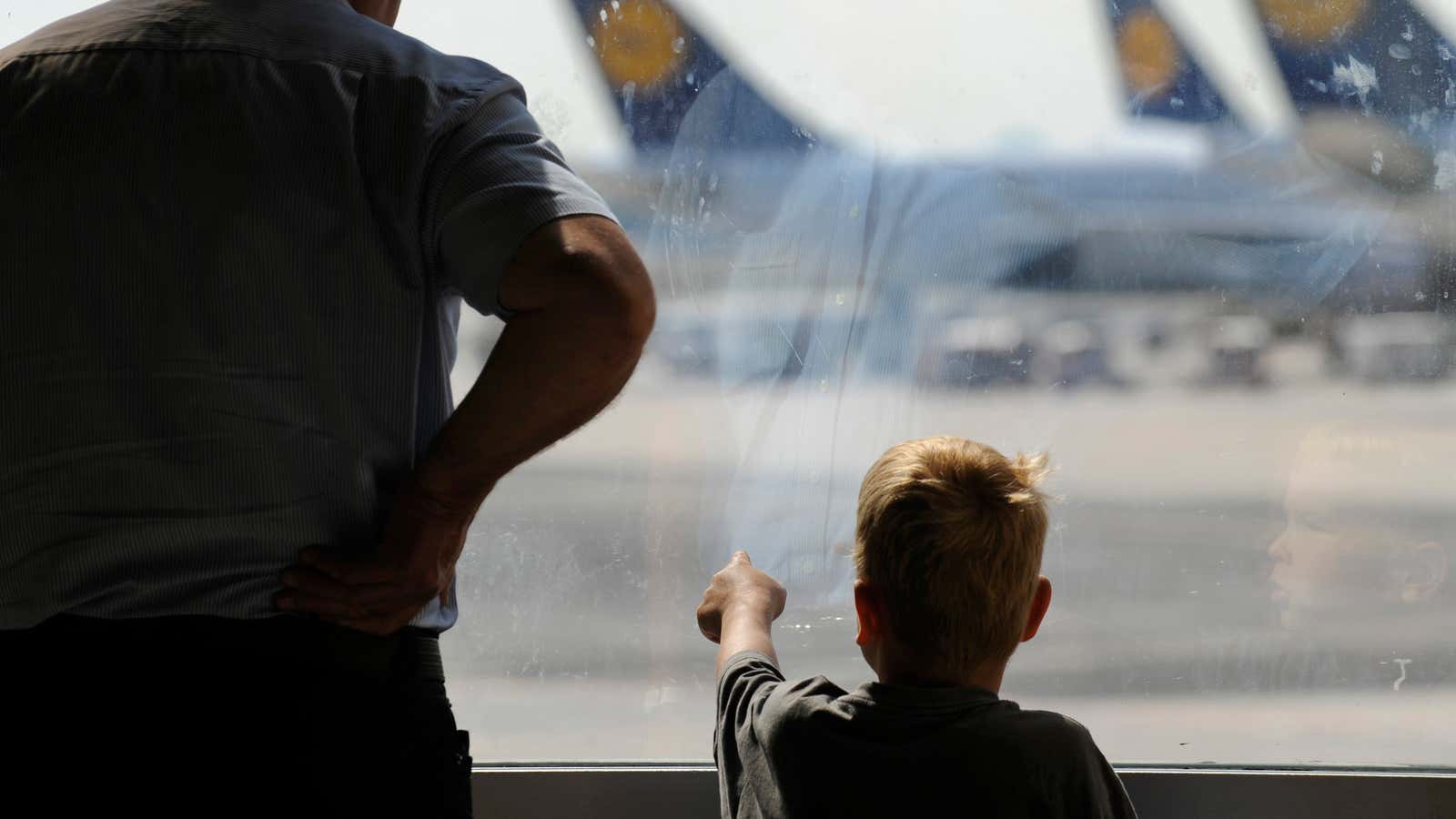I grew up between two vastly different worlds. As a biracial child, my family often traveled back and forth between the US and Central America. Some of my earliest memories are of days spent running through the spacious fields of Honduras and climbing up guava trees. I quickly learned that not everyone in the world can afford a telephone or even electricity. I learned that water could be pulled from a well deep in the ground, and that children didn’t necessarily have to own shoes or go to school. At five years old, I witnessed a girl my age rummaging through garbage in the streets of Honduras; back home in Orlando, we bought groceries from modern supermarkets stacked with an abundance of food. These experiences profoundly shaped the way I view my own privilege as a dual Honduran-American citizen.
According to psychologists and child-development experts I have spoken with, cross-cultural experiences can increase our sense of connection and empathy. Traveling to and engaging with people in developing nations exposes children to socioeconomic diversity, causing them to become more curious. Nurturing and encouraging this kind of curiosity has a number of important benefits, especially at a young age.
“Engaging with another culture helps kids recognize that their own egocentric way of looking at the world is not the only way of being in the world,” says Adam Galinsky, a professor at Columbia Business School. Galinsky, who has conducted extensive research on the benefits of travel on the brain’s neural pathways, says studies show international travel also increases cognitive flexibility, which is the mind’s ability to jump between different ideas. “This act of perspective-taking is a critical ingredient in compassion and empathy,” he claims.
Galinsky isn’t the only one to point out these benefits. Denise Daniels, a former broadcast journalist and founder of the nonprofit organization National Childhood Grief Institute, explains that children have the opportunity to interact with other children around the world can foster important attributes such as respect while also helping the children build their confidence. But it’s important to have conversations with kids before, during, and after their travels. According to Daniels, trips abroad must always include an educational component; she never takes children to another country without first helping them learn about the local belief systems and customs.
There is also research that suggests these cross-cultural experiences should happen as early as possible. In his book Theory of Creativity, Russian psychologist Vygotsky wrote that “imagination is based on elements taken from reality.” He theorized that a child’s first experiences—what they see, hear, and know—provides the tools for creative growth.
“Kids need to engage with many kinds of thinking and people, and to then try out those ways of understanding with a trusted adult,” explains Mary Helen Immordino-Yang, an associate professor of education, psychology and neuroscience at the University of Southern California. Immordino-Yang’s work looks at the ways people experience social emotions in different cultural groups.
Obviously, international travel is not a reality for many families. For parents who can’t afford to travel for financial reasons, Immordino-Yang suggests children become part of community organizations or school groups that offer opportunities for people who are from different demographic, social, or ethnic groups to interact with each other.
At the same time, exposure cannot in itself provide children with automatic understanding, nor will it guarantee an increase in empathy without the addition of meaningful interpretation via a trusted adult or parent. “Simply visiting a developing country is not always enough. It’s what you do while you are there that helps cultivate empathy,” claims Samantha C. Sweeney, a psychologist and founder of an educational company called Cultural Competence. “When they visit another country and see people struggling, [parents should] have a conversation with [their children] about how their lives are similar to and different from the people that they see.”
Today, as an expat residing in Guatemala, I feel grateful for the ways my life experiences have informed my values. I still remember that five-year-old girl rummaging through the garbage, and I know that it’s my responsibility to teach my own son about social inequality and what it means to serve others regardless of their country of origin or circumstances of birth.
